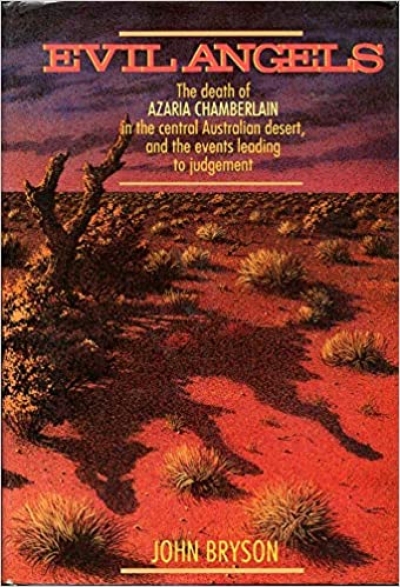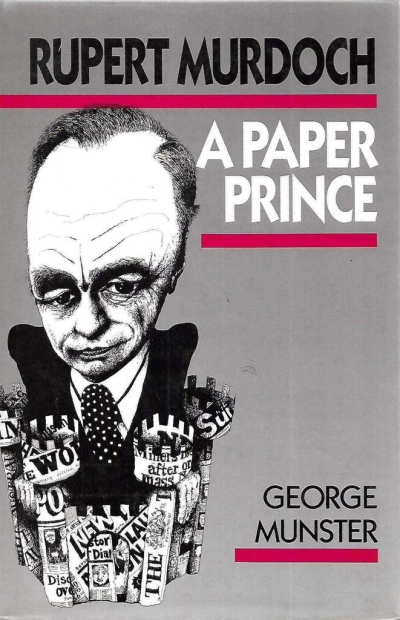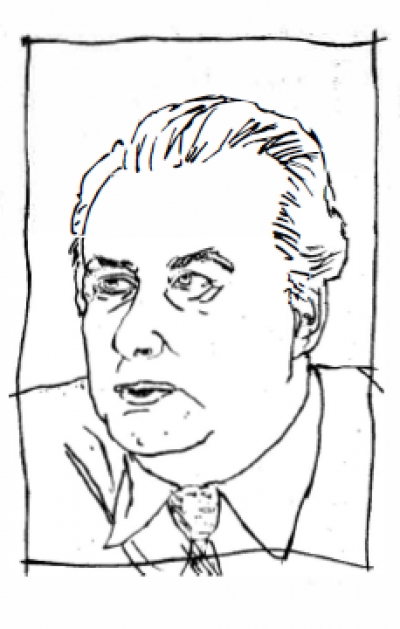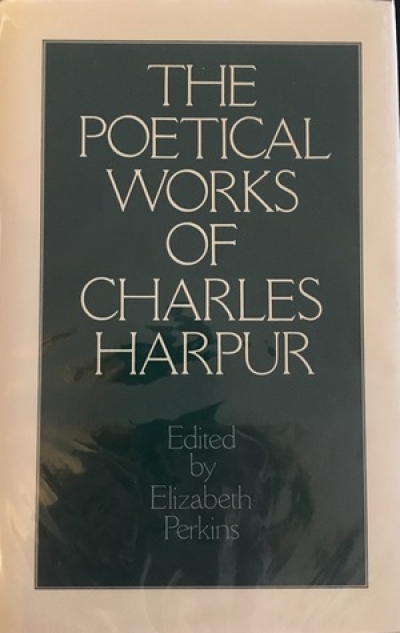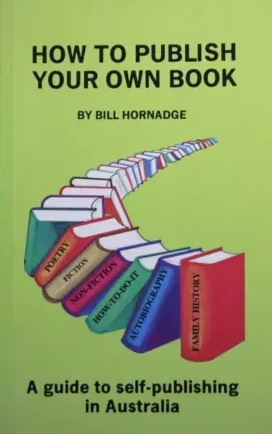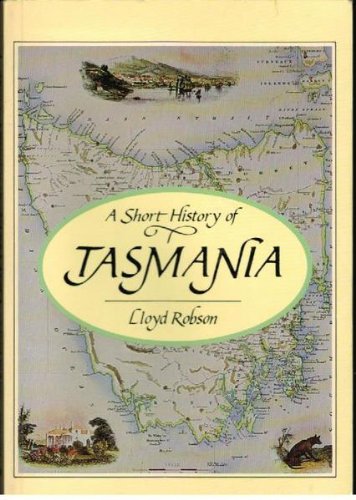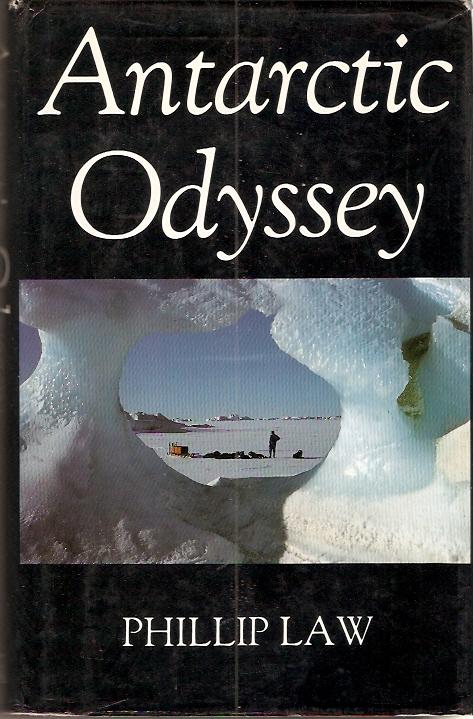Non Fiction
English Prose Fiction 1158–1700: A Critical History by Paul Salzman
Paul Salzman has wit and judgement. He knows his chosen period is usually thought of as a lean one for prose fiction; he is anxious not to be typed as ‘the indefatigable in pursuit of the unreadable.’ He sees himself as the cartographer of a largely uncharted region: his main aim is to give us an idea of what is there.
A writer in this situation would like to be able to report on neglected masterpieces. Salzman is too sensible to make extravagant claims: the claims he does make are the more believable because they are modest. If he fails to find a seventeenth-century rival to Clarissa or Middlemarch, he nevertheless turns up some long and short fictions that deserve to be better known than they are. Mary Wrath’s Urania, ‘a feminist reading of the romance form’ which exposes ‘the less salubrious underside of the courtly code’, is one. It is apparently the earliest published work of fiction written in English by a woman. (It was suppressed soon after publication because it allegedly played ‘palpably and grossly’ with the reputations of certain influential people whom it portrayed under fictional names.)
... (read more)Evil Angels: The death of Azaria Chamberlain in the central Australian desert, and the events leading to judgement by John Bryson
John Bryson has tried to solve one of Australia’s great mysteries – how Azaria Chamberlain died. The cover of Evil Angels gives the clue to his answer. A bruise-coloured sky glowers over a stark, orange-brown desert. There is the twisted relic of a tree in the foreground and in front of it, like a spreading puddle of blood, the shadow of a dingo, its eyes on an evil slant.
... (read more)Rupert Murdoch: A paper prince by George Munster
One of the truly astonishing accounts to emerge in Munster’s account concerns another US president, John F. Kennedy, whose press secretary, Pierre Salinger, forged a cable in Murdoch’s name to kill a Murdoch report of an off-the-record talk he had with the president. The cable, sent through State Department channels, was signed ‘Murdoch’.
... (read more)The Whitlam Government 1972–1975 by E.G. Whitlam
This is a massive book, as large in scale as the author himself, running to over 700 pages, and – at a rough estimate – to something like 300,000 words of text, lightened only by a few photographs, all of them of Gough Whitlam with friends and enemies.
... (read more)It is 116 years since Charles Harpur, Australia’s first poet of real eminence, died with his own collection of his works unpublished. Except for a couple of small selections – the most recent of which, made by Adrian Mitchell in 1973 and containing only about 120 pages of the poetry, was the most comprehensive – and the infamously corrupt 1883 ‘collection’, it has remained so. This has been a blot on the reputation of Australian critical and academic workers and a loss not only to Australian literature but to Australian history. Now Elizabeth Perkins, of the English Department of James Cook University, has handsomely remedied a long injustice.
... (read more)I feel a bit embarrassed writing about myself. It suggests the individual is at the centre, whereas I believe the group or community is. It also directs attention to the person instead of what is written, the thing itself. Also, it extols the artist instead of the tradition which he represents.
What I've written is more important than what I am ...
In a recent issue of the British ‘Bookseller’, a columnist wishing to explain the apparent lack of success in UK of Anthony Grey’s attempt to convince people that the late Harold Holt was a spy for the Chinese said ‘the fact is that the British public does not give a damn for Australian Prime Ministers’. Perhaps the reason for the comparative failure of the same book in Australia is that the Australian public does not give a damn for the views of pommy journalists.
... (read more)Self-publishing has always happened. Once the province of the very rich who like to press their thoughts in slim monogrammed volumes on friends and governments, or the last desperate resort of the very nutty, books published by their authors were usually given away and probably rarely read.
... (read more)A History of Tasmania, Volume 1: Van Diemen’s Land from the earliest times to 1855 by Lloyd Robson
Lloyd Robson has produced a finely researched and lucid book which will become a standard reference on the early political history of the island of Tasmania. Volume One deals with the intrigues, conflicts and self-indulgences that were endemic in the emerging society and boldly illustrates the path to ‘self rather than ‘responsible’ government, together with the feelings of animosity that were generated towards particular colonial governorships.
... (read more)While most of us know something of the great figures of the heroic age of Antarctic exploration, the more painstaking and routine, although often equally courageous, work of the scientific expeditions in the last fifty years rarely commands public attention. Dr Phillip Law, Leader of the Australian National Antarctic Research Expeditions from 1949 to 1966 redresses this neglect in the first volume of his autobiography, reviewed here by Clive Coogan, who assesses Law’s own contribution and the Importance of his work to Australia.
... (read more)

